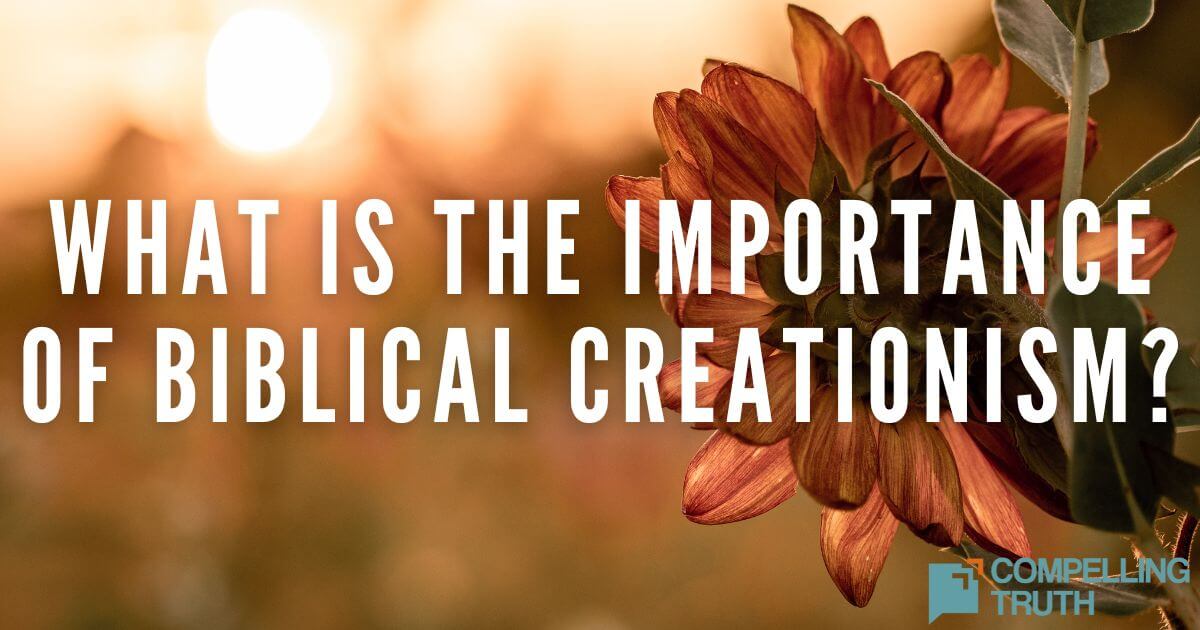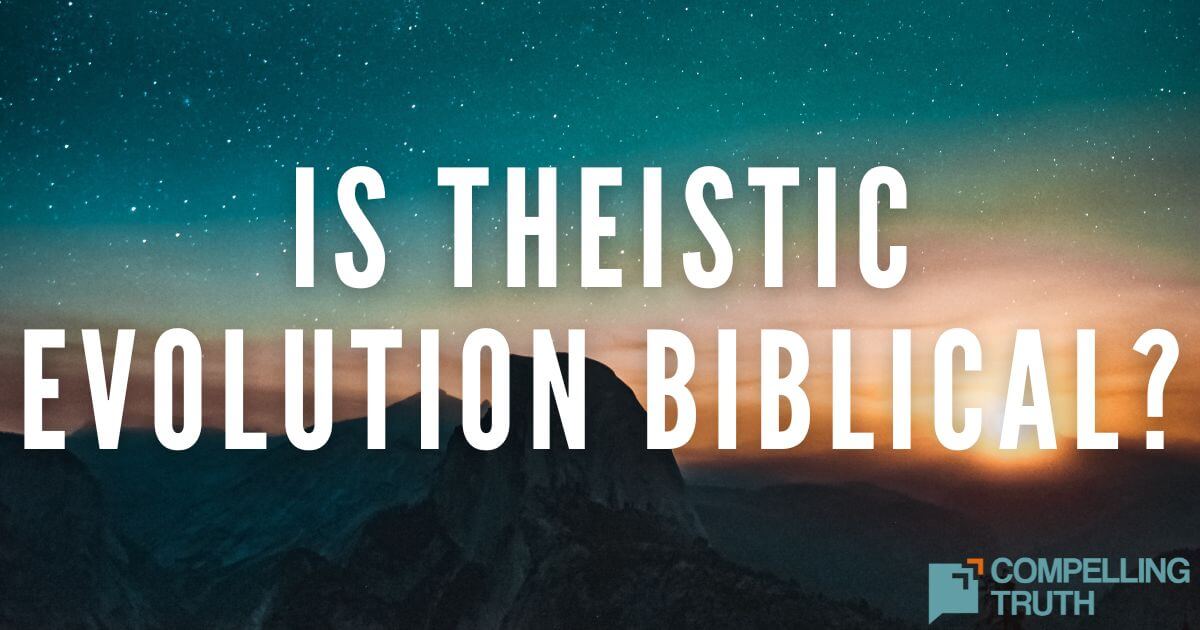Believing the creation account in Genesis is foundational for theology, which is the study of God based on the Bible. Creation provides the basis for a biblical worldview, giving us a framework for a life of meaning, purpose and value. Here are some ways creation impacts theology: Genesis 1 tells us that God exists, that God is the eternal Creator, and that God is distinct from His creation. Genesis 1:27 clearly indicates that God is a person and not a force. God is a triune fellowship of Father, Holy Spirit and Son, according to Genesis 1:1, 1:2, 1:26, and John 1:1. Genesis tells us God has a goal in creation, namely that the earth was specifically designed as a home for human beings. The special creation of Adam and Eve is the foundation for redemptive history throughout the rest of the Bible. In Genesis 1:3 we learn that God creates by His spoken word ("And God said...") and that God is the source of light, physically and spiritually. Genesis 1 tells us about the goodness of God's creation. Finally, creation introduces God's rest that is available to all believers (Genesis 2:2-3; Matthew 11:28-30; Hebrews 4:9-10).
The doctrine of creation (in various young earth or old earth forms) is the view that the universe and everything in it was caused by the creative will of God (Hebrews 11:3). On the other hand, theology means the study of God as He is revealed in Scripture. The verses above focus on how beliefs about creation inform theology. Attention is given to theological aspects of creation that have been broadly embraced by Christians throughout the centuries rather than those areas where Christians disagree. Obviously, there is no current agreement as to the time of creation because the Bible does not explicitly tell us. Believers even differ as to how much God used His designed natural laws to accomplish His purposes. But the fact that God created the universe and everything in it is far more important than when or exactly how creation occurred. The debate between young earth and old earth views is a matter of biblical interpretation and not of biblical authority.
The Bible is our ultimate guide for what we believe and how we live. As the authoritative record of God's spoken word, the Bible is a far more reliable guide than man’s authority, church tradition, or even our own opinions. This should lead to caution in discussions about the details of creation. There are many ways to interpret the Bible from a “creationist” perspective which may not align with traditional or literalist views. On a deeper level, there is great danger in looking for ways to dismiss God’s miraculous involvement in the universe. If we cannot rationally accept the miracle of creation, why is it rational to accept the miracle of Jesus' resurrection, or the new creation in Revelation 21? The creation account is the foundation for Christian theology, and it starts by believing Genesis 1:1.




